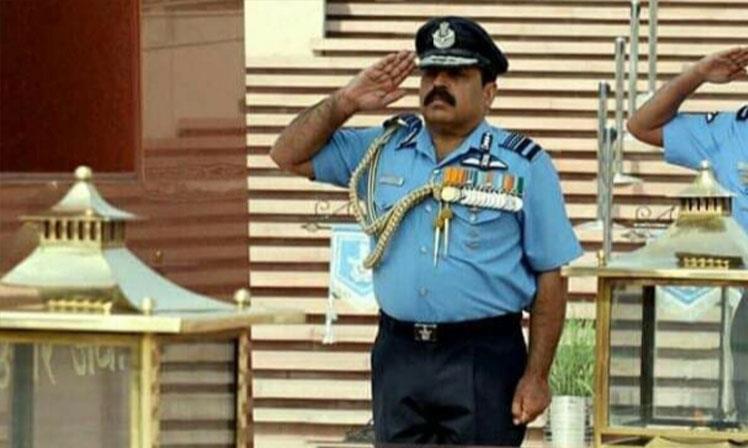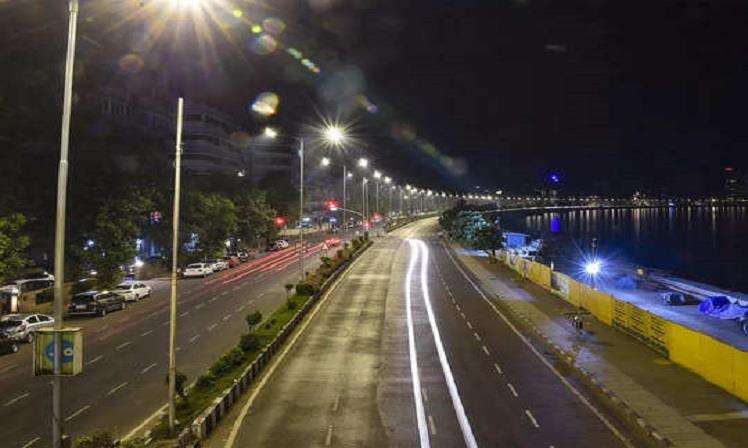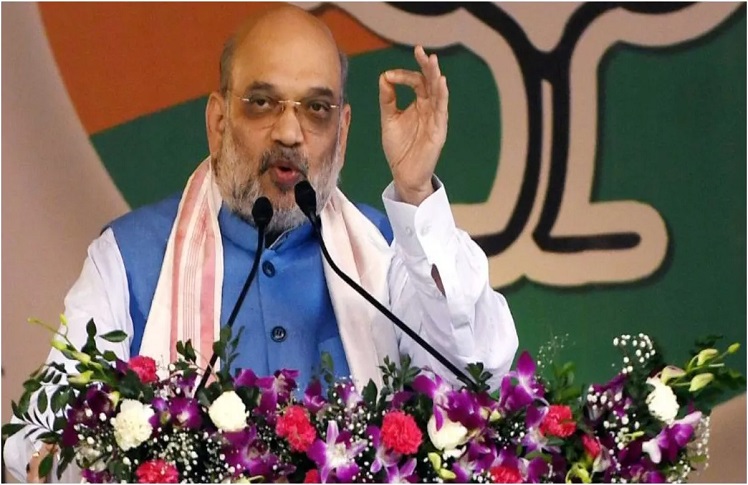
In fresh salvo at the government, Congress leader Rahul Gandhi has alleged that PM Narendra Modi has ceded Indian territory to Chinese aggression, an allegation likely to snowball into a political storm. Modi, at an all-party meeting held on Friday, had said that there was no intrusion by Chinese troops at Ladakh�s Galwan Valley.
The six-week border standoff with China escalated violently on the night of June 15 when 20 soldiers, including a Colonel, of the Indian Army were brutally killed in the Galwan Valley, triggering massive tensions between the two countries.
Here are the latest developments on the India-China border tensions:
- Congress leader Rahul Gandhi has accused PM Modi of surrendering territory to the Chinese. �PM has surrendered Indian territory to Chinese aggression. If the land was Chinese: 1. Why were our soldiers killed? 2. Where were they killed?� he asked on Twitter.
- Indian Air Force RKS Bhadauria says martyrdom of soldiers at Galwan Valley won�t go in vain. �The development at the Line of Actual Control is a small snapshot of what we have to be ready to handle at short notice. All measures are being taken to ensure that all issues at the LAC are resolved peacefully. I assure the nation that we are determined to deliver and will never let the sacrifice of the bravehearts of Galwan go in vain,� he said.
- Addressing party chiefs at an all-party meeting yesterday, Modi had said that �neither is anyone inside our territory nor has any Indian post been captured�. He said the soldiers who made the supreme sacrifice taught a "lesson" to those who had dared to look towards India and that the army has been given "freedom" to take necessary steps.
- The categorical statement by the prime minister came in the wake of reports that Chinese military has transgressed into the Indian side of the Line of Actual Control (LAC), the de-facto border, in several areas of eastern Ladakh, including Pangong Tso and Galwan Valley.
- At the meeting, while the Congress and the Left sought to corner the Modi government, most other parties, including the ruling alliance's bitter critics like West Bengal Chief Minister Mamata Banerjee and DMK's MK Stalin, extended their support over the issue.
- The nearly four-hour meeting through video conference was attended by top leaders, including BJP president JP Nadda, NCP chief Sharad Pawar, BSP's Mayawati, CPI(M)'s Sitaram Yechury, DMK's M K Stalin, Shiv Sena's Uddhav Thackeray besides Congress chief Sonia Gandhi and Trinamool Congress supremo Mamata Banerjee among others.
- The clash in Galwan Valley was the worst cross border confrontation between the two sides in 45 years. While India lost 20 soldiers, China's People's Liberation Army has not yet talked about the number of casualties it suffered. The prime minister's comment that Indian soldiers taught a "lesson" to those who dared to look towards India is seen as reference to casualties on the Chinese side.
- The Chinese soldiers used stones, nail-studded sticks, iron rods and clubs in carrying out brutal attacks on Indian soldiers after they protested the erection of a surveillance post by China on the Indian side of the LAC in Galwan.
- The two armies were engaged in a standoff in Galwan and several other areas of eastern Ladakh since May 5 when the two sides clashed on the banks of the Pangong Tso.
- The situation in the area deteriorated after around 250 Chinese and Indian soldiers were engaged in a violent face-off on May 5 and 6. The incident in Pangong Tso was followed by a similar incident in north Sikkim on May 9.
- The India-China border dispute covers the 3,488-km-long LAC. China claims Arunachal Pradesh as part of southern Tibet, while India contests it.
- Prior to the clashes, both sides have been asserting that pending the final resolution of the boundary issue, it is necessary to maintain peace and tranquillity in the border areas.
 Mumbai: Night curfew is not lockdown, just that more than 5 people cannot gather, says BMC commissioner
Mumbai: Night curfew is not lockdown, just that more than 5 people cannot gather, says BMC commissioner
 2022 National Assembly Election | Amit Shah, JP Nadda confident of BJP's victory in all states except Punjab
2022 National Assembly Election | Amit Shah, JP Nadda confident of BJP's victory in all states except Punjab
Leave a comment: (Your email will not be published)